Trending Now
Thursday, Nov, 2024
Home / IIT Mandi's Indo-German Workshop Spotlights Engineering for Sustainable Development
IIT Mandi's Indo-German Workshop Spotlights Engineering for Sustainable Development
The workshop aims to facilitate collaborative discussions addressing the challenges posed by climate change. The workshop provided a platform for sharing expertise and resources, aligning with the sustainable development goals of both India and Germany.
 by Pragti Sharma /
by Pragti Sharma /  21 Jan 2024 17:31 PM IST /
21 Jan 2024 17:31 PM IST /  0 Comment(s) / 160
0 Comment(s) / 160

In a collaborative effort with Leibniz University Hannover, the Indian Institute of Technology Mandi scheduled a three-day workshop titled 'Engineering for Sustainable and Resilient Development' from January 18-20, 2024. This initiative, sponsored by the Indo-German Science and Technology Centre, aimed to foster discussions on sustainable and resilient infrastructures and promote collaborative efforts between faculty members from IIT Mandi and their counterparts in Germany.
The workshop aims to facilitate collaborative discussions addressing the challenges posed by climate change. The workshop provided a platform for sharing expertise and resources, aligning with the sustainable development goals of both India and Germany.
A unique aspect of the workshop was its exploration of the psychological dimension of changing people's attitudes toward climate change. This involved discussions on visualization, feedback mechanisms, and the influence of peer interactions.
The workshop delved into six sub-themes, including resilient housing, green chemistry, sustainable environments, digital energy transformation, energy systems, and changing public attitudes toward climate change.
International Participation
The workshop brought together 11 German experts from esteemed universities and industries, with 16 Indian participants from prestigious institutes and industries. The diverse expertise contributed to discussions on innovative solutions and bilateral collaborations.
The workshop envisions yielding innovative solutions in areas like resilient infrastructure, energy storage, transmission, and sustainable environments. These outcomes are expected to materialize through collaborative projects, faculty engagement, and student exchanges.
News Source: India Today

EShort / February 16, 2024
IMS Noida Admissions 2024: Apply for UG, PG programmes

EShort / February 16, 2024
GATE 2024: Response sheet out
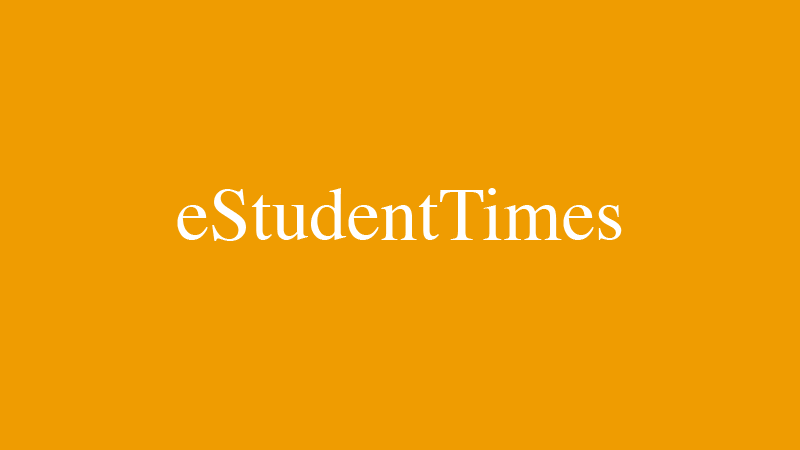
EShort / February 16, 2024
BSSTET 2023: Admit card released

EShort / February 16, 2024
NID DAT 2024: Prelims result released

EShort / February 16, 2024
IIT JAM 2024: Response sheet released
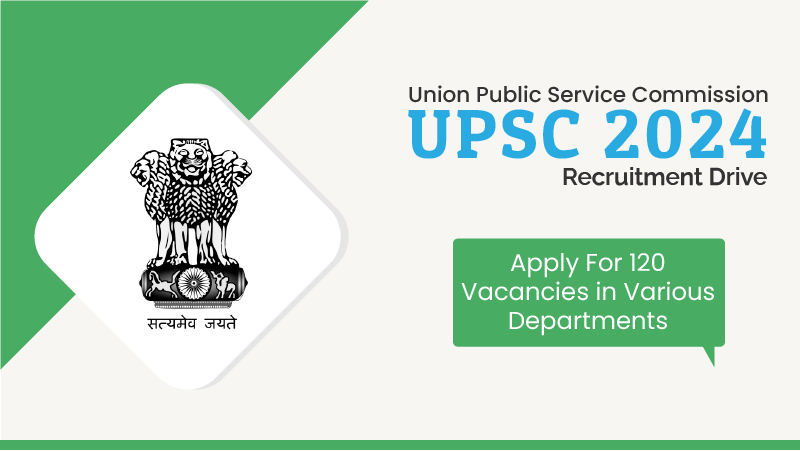
Jobs / February 16, 2024
UPSC Recruitment Drive 2024: Apply for 120 vacancies in various departments

EShort / February 14, 2024
UPSC CSE 2024: Official Notification issued; application process begins

Editor's Desk / April 17, 2020
How Does Society Impact Our Education?
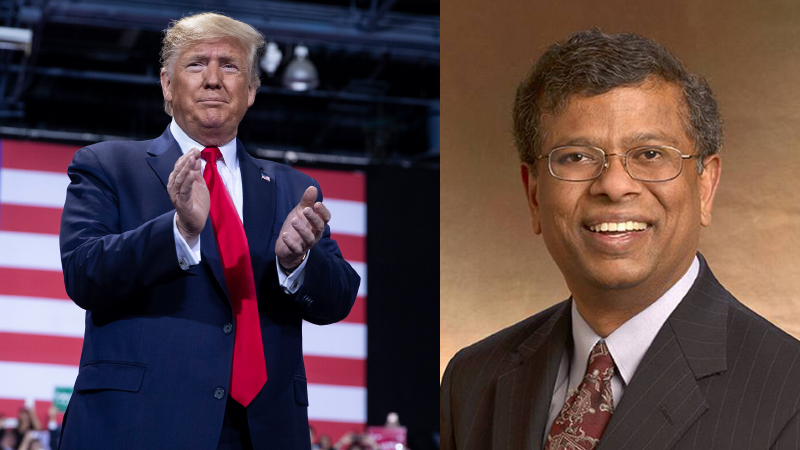
Current Affairs / April 22, 2020
Mr. Sudarsanam Babu appointed to U.S. Science Board.
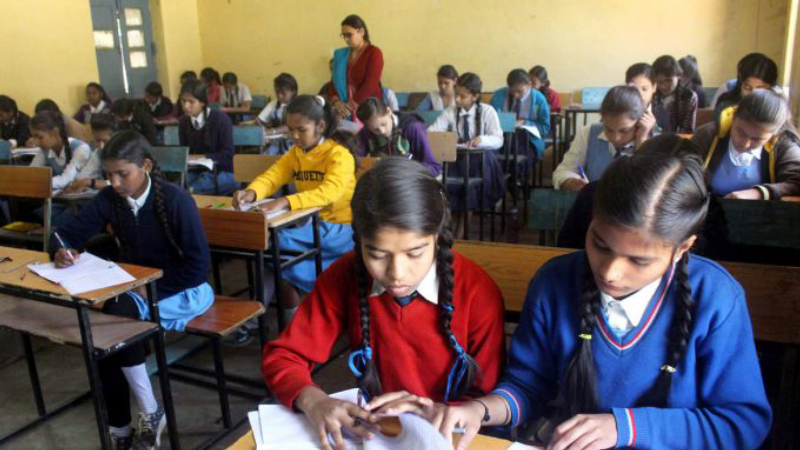
Reforms / April 17, 2020
Traditional Structure of Education In India
.jpg)
Events & Seminars / April 17, 2020
PISA!!
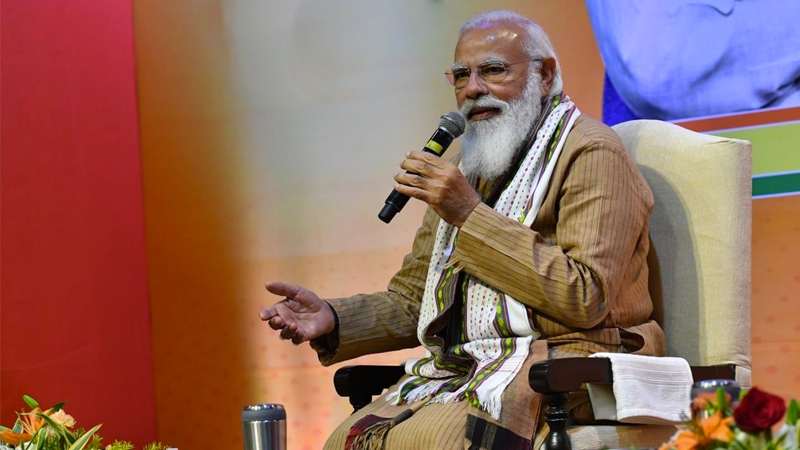
Blog / February 26, 2021
Government's Action On #ModiRojgaarDo

EShort / May 19, 2022
CUET PG 2025 has started the registration process.

Notice Board on Important Dates / April 21, 2020
World Heritage Day

News / July 08, 2021
JEE Mains Registration For Session 3: Last Date To Apply
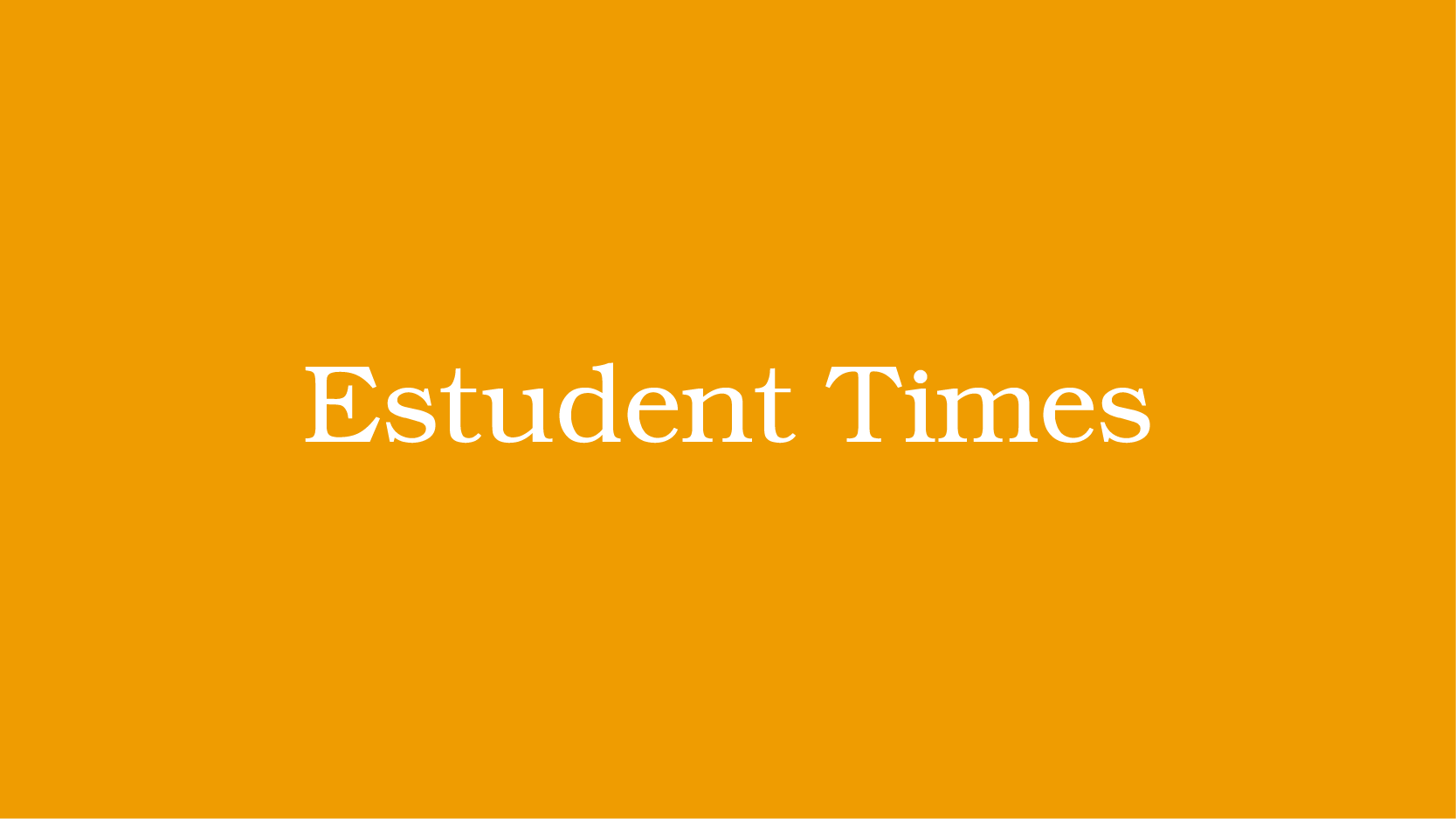
EShort / December 14, 2021
UPSC Declared Final Result For DCIO Recruitment


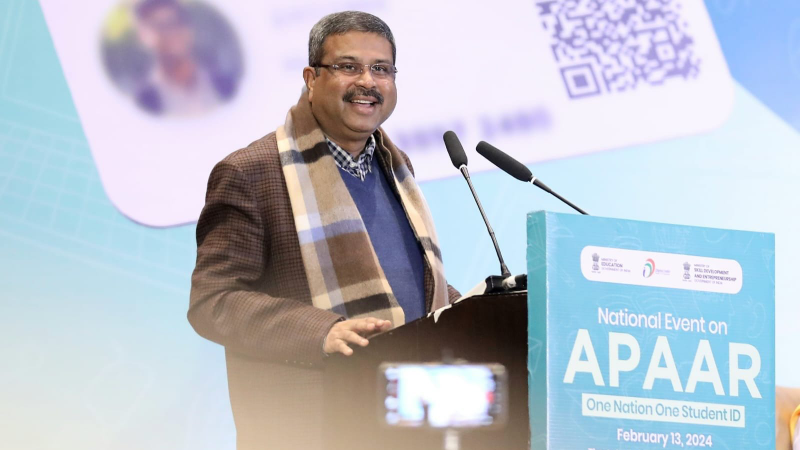

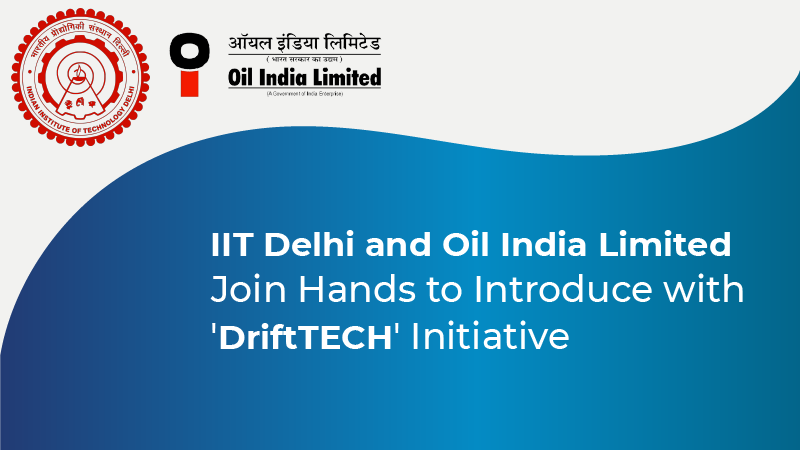
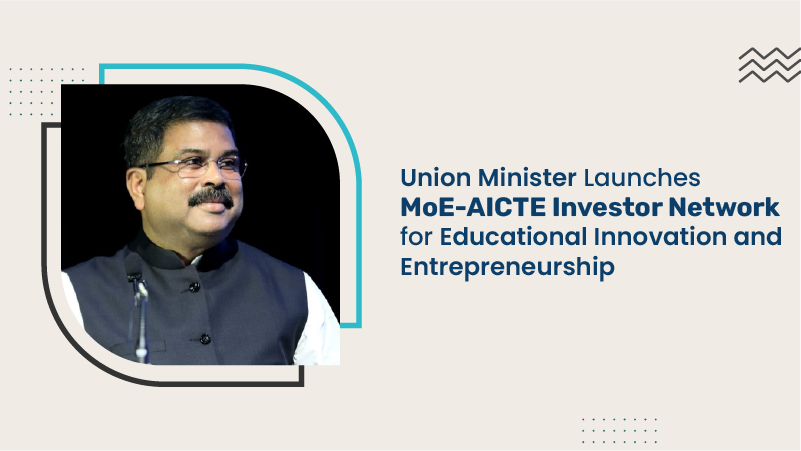
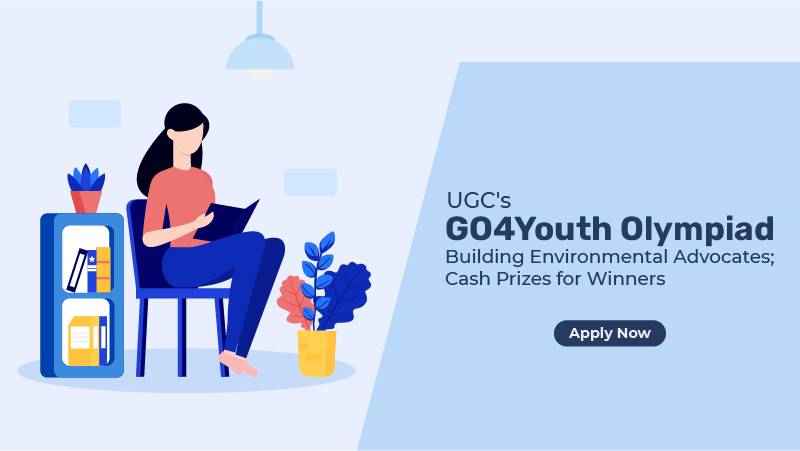
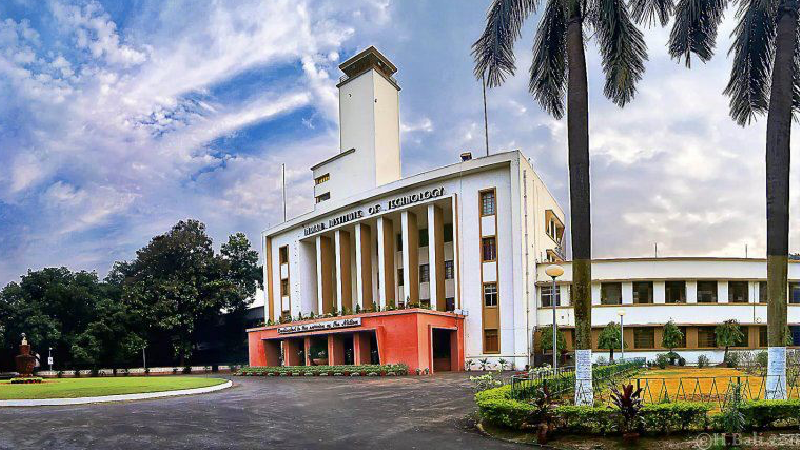
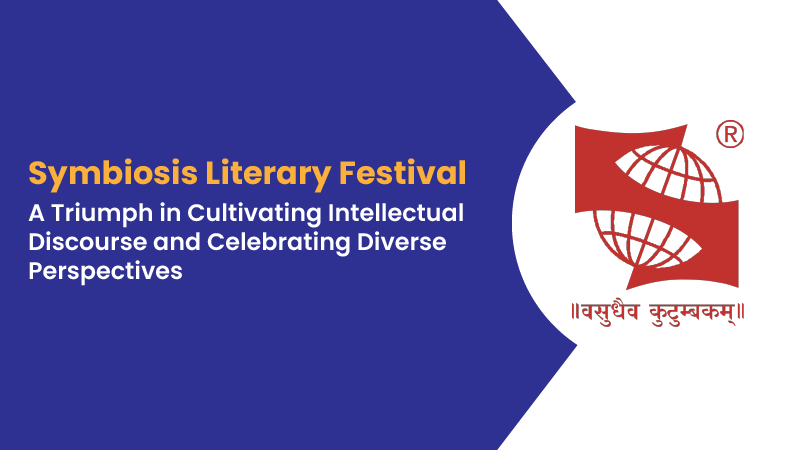
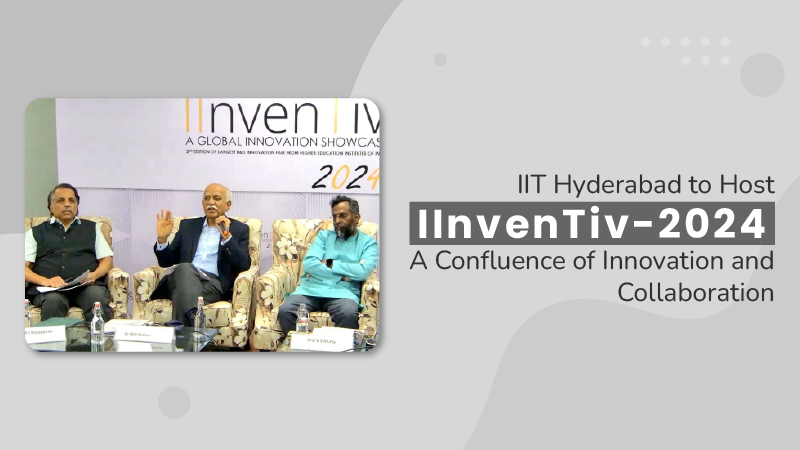
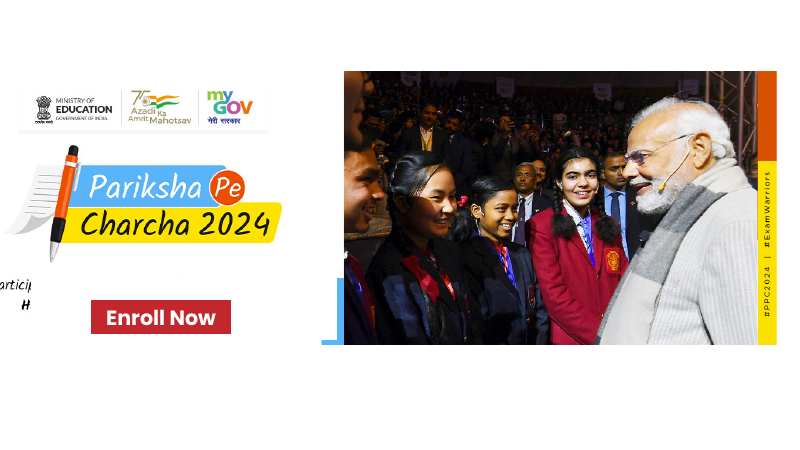
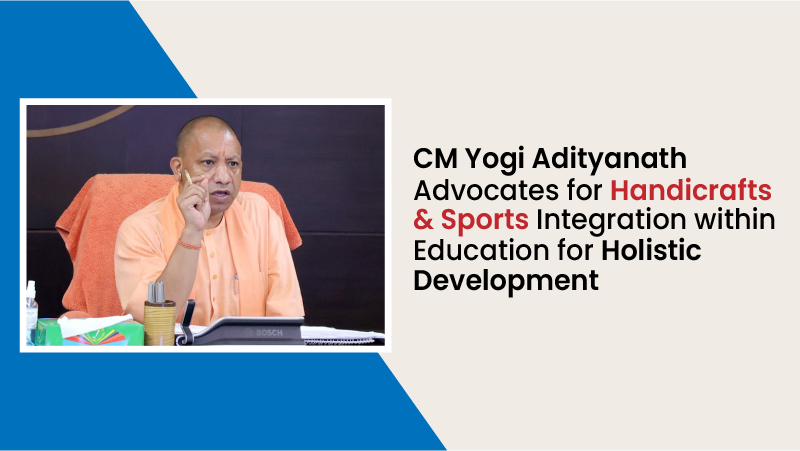
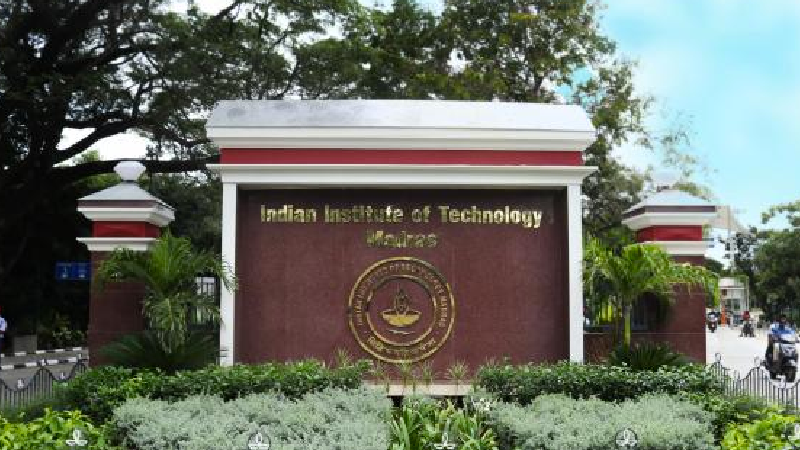
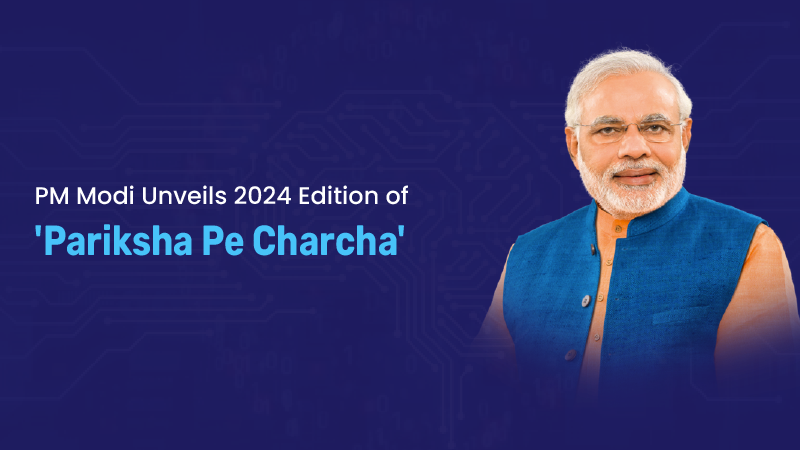
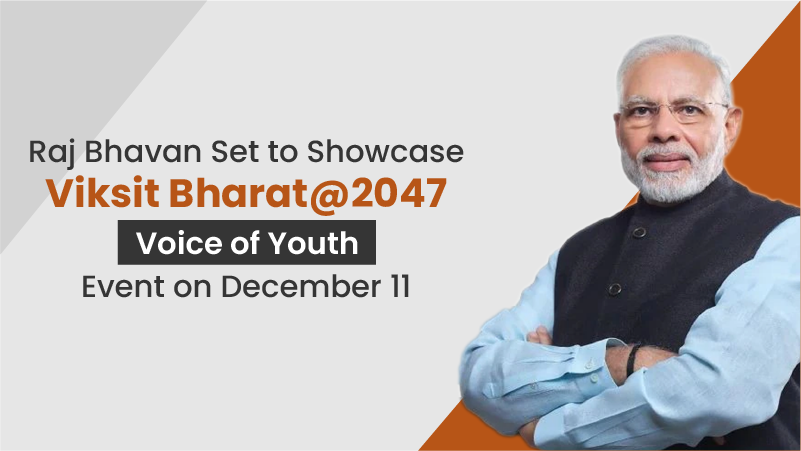
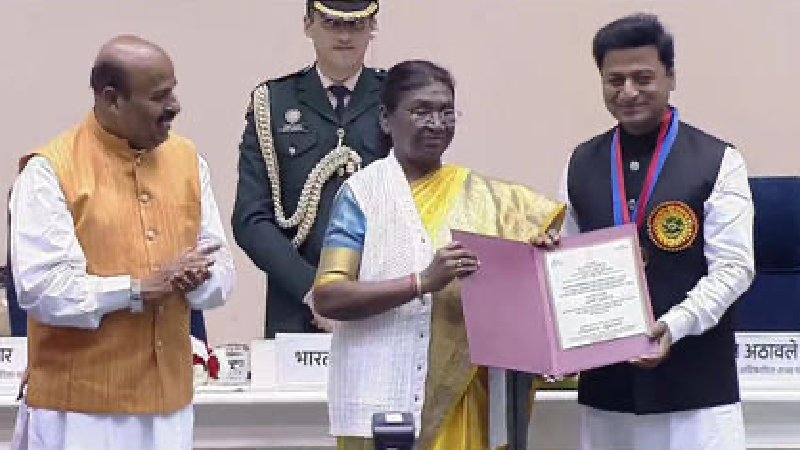
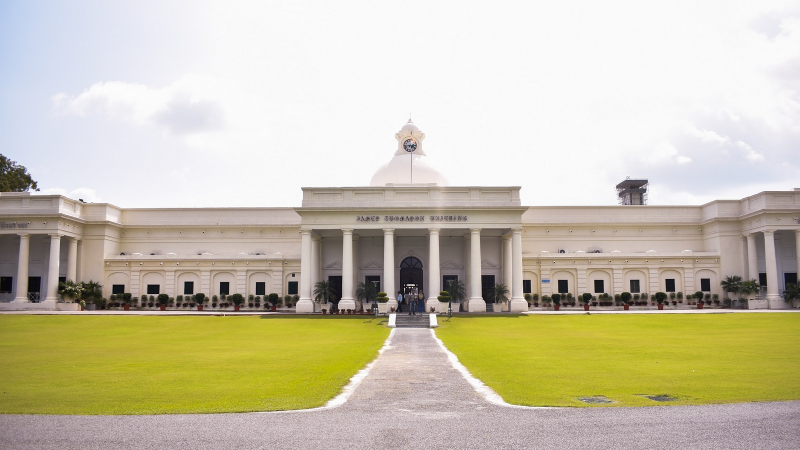
-02.png)
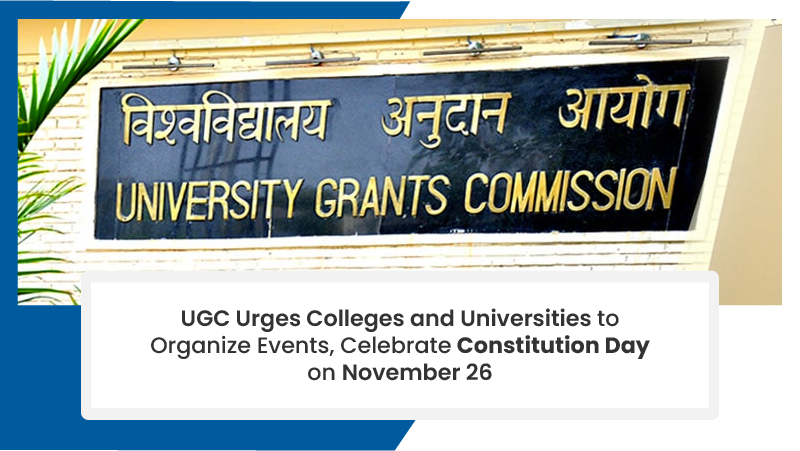
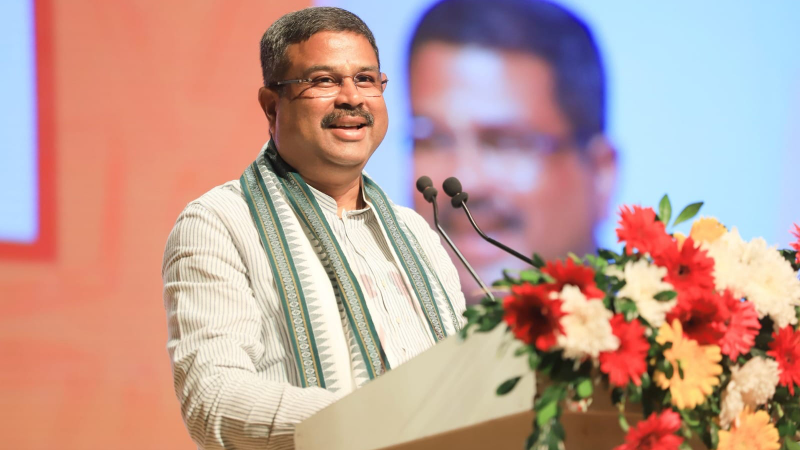

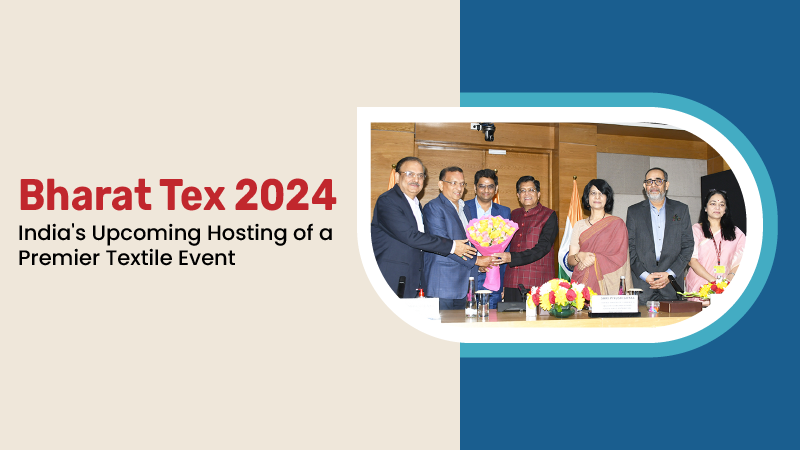
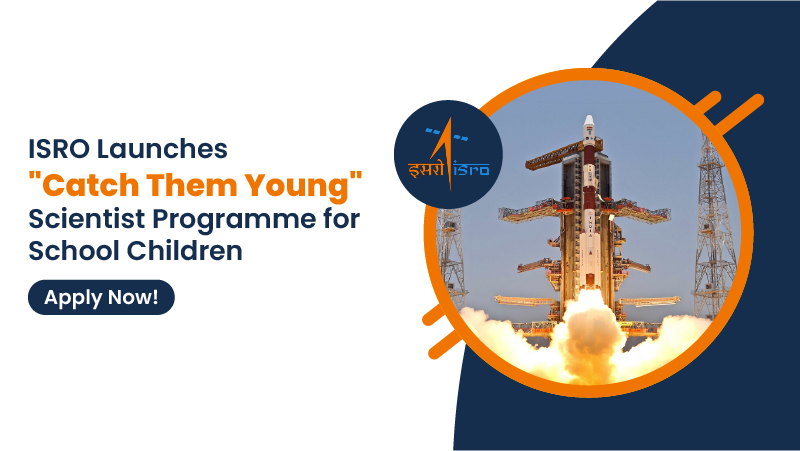
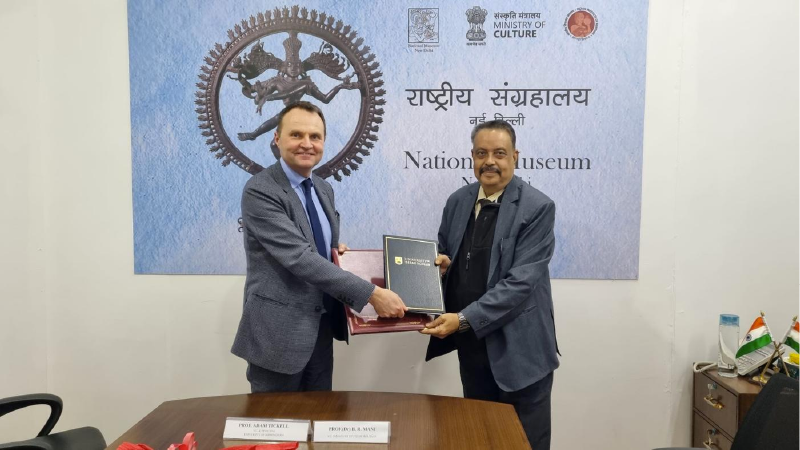
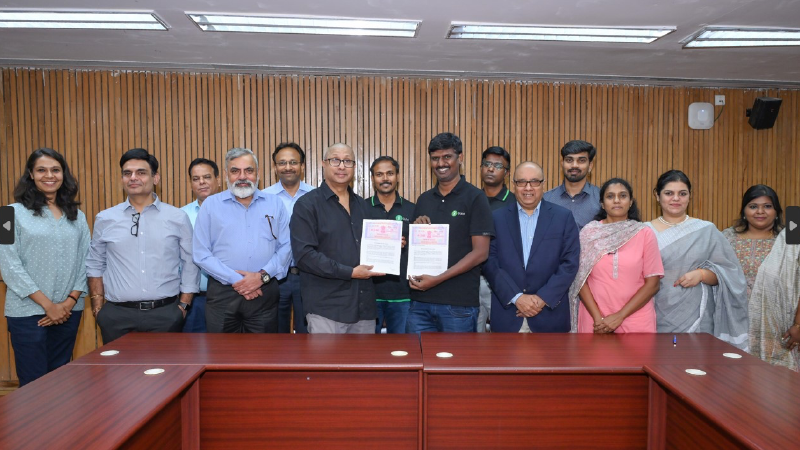
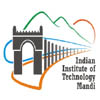
0 Comments
Post Comments